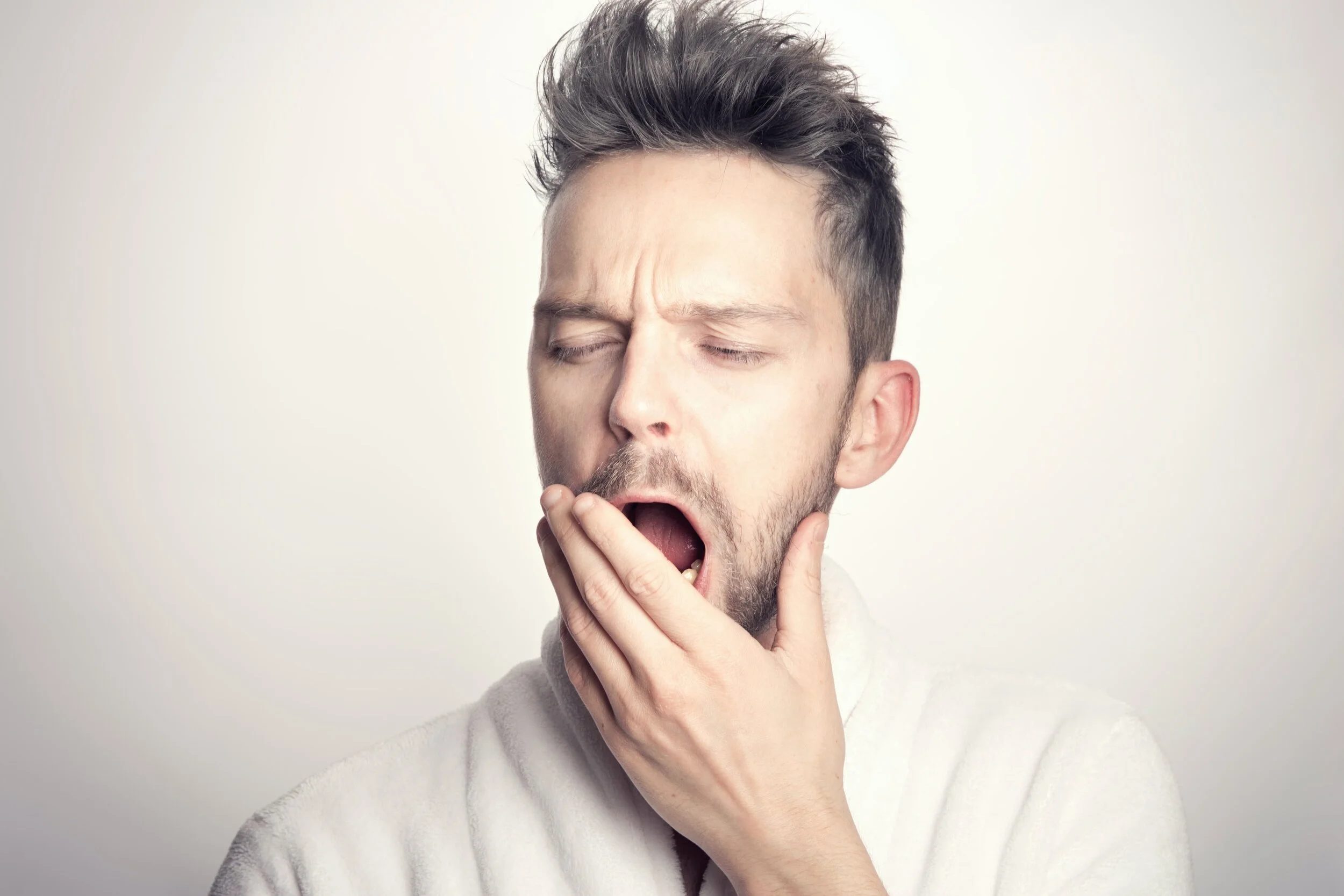INSOMNIA & SLEEP DISORDERS TREATMENT
Do you dread bedtime? Falling asleep at work? Do you spend hours laying in bed each night watching the numbers tick by on the clock? Have you spent years hooked on sleep medication convinced it's the only thing that can help only to feel frustrated when you STILL can't sleep even though you dutifully take your prescription? Frustrated that you can’t sleep even when there’s no “good” reason why not? Headaches, upset stomach, irritability, moodiness, fatigue, difficulty concentrating?
If the answer is yes, then you may be experiencing insomnia. Insomnia consists of difficulty falling asleep, staying asleep, waking earlier than desired, or a combination of these. You almost never wake feeling rested. You’ve likely been struggling with sleep for at least three nights a week, for longer than ninety days, and have seen your ability to function at work, home, or in relationships significantly decrease.
behavioral sleep medicine can change your life
Insomnia
According to the American Academy of Sleep Medicine, approximately three out of ten adults have symptoms of insomnia, while one in ten have insomnia severe enough to result in daytime drowsiness. Chronic insomnia is experienced by less than 10% of adults.
There are two types of insomnia: Primary and Secondary. Primary insomnia is difficulty sleeping that is not otherwise attributed to an existing medical, mental health, or environmental reason. Secondary insomnia is sleep difficulty that is the direct result of medical conditions, other psychiatric disorders, substance use/abuse, or other sleep disorders.
CBT-I for Insomnia
We have good news for you: there's an evidence-based treatment for insomnia that can help completely change the way you feel about your nights. Cognitive Behavioral Therapy for Insomnia (CBT-I) is recommended by the American College of Physicians as the front-line treatment for insomnia. You can read about their recommendation here.
You will be paired with a clinician with specialty training in behavioral sleep medicine. The mental health provider you choose is an integral piece of your “sleep team”. You may already have spoken to your primary care physician, dentist, sleep medicine physician, sleep tech, nurse, or other care providers at length about your sleep problems. In fact, it’s normal for our clients to have been referred to us by one of our medical colleagues following a sleep study. Once sleep apnea has been ruled out as the main cause of the sleep problem, CBT-I becomes the first choice for treatment. If sleep apnea is ruled out of your sleep study, or you are diagnosed and successfully wear a CPAP, but still aren’t sleeping well, it’s likely that you are experiencing primary insomnia.
CBT-I is a brief protocol that typically lasts between four to six sessions. You'll work with a Breyta clinician to thoroughly assess your sleep problems, establishing a clear baseline. Once behavioral sleep treatment begins, you will learn the secrets behind why we have so much trouble falling and staying asleep. You'll be provided with concrete skills designed to increase your sleep ability, promote relaxation, change your relationship to sleep-related anxiety. We'll examine behaviors you may be engaging in that could be hurting your ability to sleep and will develop a plan to help you train your body to respond favorably to bedtime. We'll also examine your sleep schedule and make changes as needed, titrating your sleep schedule each week to improve sleep efficiency.
You will also learn how to maintain the new level of sleep health you attain while working with us. Results aren’t worth much unless they last, so we take great care to ensure yours will. We help you establish a personalized insomnia relapse-prevention plan that you can use on your own when treatment concludes.
don’t dread the bed…get more sleep naturally!
More Restful Sleep, Naturally
Many clients who already are getting little sleep balk at any treatment that may alter their sleep schedule. In CBT-I, we don't ask you to sleep any less than you already are. We just help you use the time you spend in bed more efficiently. Wouldn't you rather learn to be in bed ASLEEP for six hours and wake rested, having slept the whole time rather than been in bed for ten hours, turning fitfully, having only slept for four? CBT-I can help you do that.
Non-Pharmacological Treatments
We've worked with so many clients who just KNEW they would never be able to sleep. They thought "normal" sleep was for everybody else but would never be possible for them. They said they would NEVER be able to sleep without their prescription medication and felt dependent upon it. Well guess what? Those clients are sleeping through the night, unassisted by prescription sleep medication. We form a partnership in care with our clients’ prescribing providers to assist them in safely discontinuing sleep medication.
Nightmares and Other Sleep Disorders
Most components of CBT-I can actually benefit nearly everyone with sleep problems, even if you do not meet criteria for a diagnosis of insomnia. Cognitive behavioral therapy can also be used to successfully address other sleep disorders, such as nightmares, and circadian rhythm disorders. Nightmares may be related to a specific traumatic event from your past, or they may simply be frightening scenarios with no discernible connection to your daily life. Therapy can help you learn techniques, such as Imagery Rehearsal Therapy (IRT), to rewrite these dreams and gradually desensitize you to the content within them.
If anyone has ever called you a “morning lark” or a “night owl”, or if you are struggling to sleep regularly due to shift work or jet lag, you may be struggling with a circadian rhythm sleep-wake disorder. Cognitive behavioral therapy can provide you with concrete tools you can implement to make adjustments to your behaviors, address thoughts or feelings that may be getting in the way of sleep, and help you to relax more efficiently.
Other Issues Affecting Sleep
You may be dealing with other issues that are impacting your capability to sleep, while insomnia negatively affects your ability to cope with emotional problems; creating a problematic cycle. If you would like to address other problems in your life in addition to insomnia, therapy can help you do that. In fact, we encourage our clients to consider their sleep problems contextually, making therapy for trauma, anxiety, relationship issues, or depression an important piece of the clinical picture. CBT-I can be used in tandem with other therapy, or you can choose to address insomnia first before exploring longer-term therapy for other life problems. Our clinicians will be happy to work with you to develop a comprehensive treatment plan that takes these considerations into account. The benefits of cognitive behavioral therapy for insomnia last well beyond the end of treatment.
Don't suffer any more sleepless nights. Get in touch with us today to take the first step towards sleep health.
We Can Help!
If you have any questions about our clinic or the therapy process, give us a call and we would be happy to answer them for you. Our clinicians offer complimentary fifteen minute phone consultations prior to scheduling your first appointment. If you have general inquiries or would like to schedule, contact our front desk at (919) 245-7791 or admin@breytapsych.com. Call or email today!















